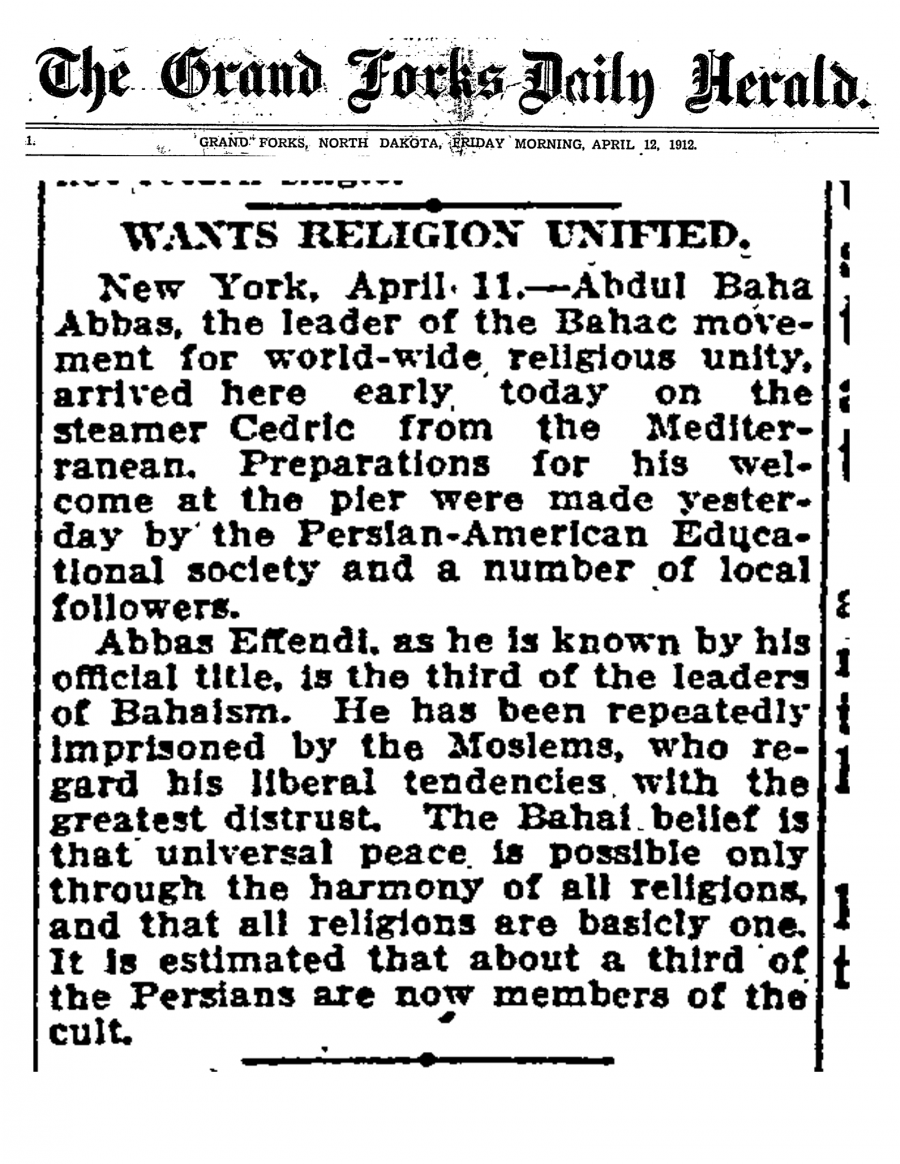In exploring the Bahá’í teachings, one of the most profound assertions is the belief in the unity of all world religions. This principle asserts that all religions stem from a singular divine source and that they progressively reveal spiritual truths appropriate to mankind’s evolving understanding. This document delves into the Bahá’í view of a unified faith, elucidating its foundational concepts, implications, and the transformative power it embodies for individuals and communities globally.
The Oneness of Religion
At the core of Bahá’í belief is the assertion that there is but one religion, fragmented over time into many expressions due to cultural, historical, and social influences. This perspective indicates that while the outward forms and practices may differ significantly, the underlying truths remain consistent. The Bahá’í Faith emphasizes that all major world religions, including Christianity, Islam, Judaism, Buddhism, and others, contribute to the collective understanding of the divine will.
This notion of oneness underscores a shared purpose among adherents of various faiths: the fostering of love, compassion, and unity. As the Bahá’í writings state, “The earth is but one country, and mankind its citizens.” Such assertions challenge the notion of religious exclusivity and seek to dissolve the barriers that prevent mankind from recognizing its collective identity.
Progressive Revelation
Bahá’ís adhere to the concept of progressive revelation, which posits that God progressively unfolds His will and guidance to humanity through a series of divine emissaries known as Manifestations of God. These figures—such as Moses, Jesus, Muhammad, and Bahá’u’lláh, the founder of the Bahá’í Faith—convey teachings that are contextually relevant to their time while maintaining a continuity of core spiritual principles. This process suggests that humanity is gradually maturing and that each religious leader provides the tools for societies to navigate the challenges of their respective epochs.
For instance, the teachings of Bahá’u’lláh offer insights that are particularly relevant to contemporary issues such as racial equality, gender justice, and the importance of education. By recognizing this continuum, individuals can appreciate their religious traditions as part of a greater tapestry rather than isolated doctrines, thus fostering a sense of connection and cooperation.
The Role of Faith in Promoting Unity
The Bahá’í perspective asserts that true religion must be a catalyst for unity. It is not merely a set of dogmas but a living, evolving process that encourages the development of virtues. Bahá’ís advocate for the elimination of prejudice, the promotion of justice, and the enhancement of moral and ethical conduct as fundamental tenets. Such teachings serve to build bridges across divides, transforming religious practice into an instrument for societal cohesion rather than division.
This commitment to unity manifests in both communal and individual practices within the Bahá’í community. One notable aspect is the emphasis on consultation, a method of collective decision-making that prioritizes the collective over individual biases. The process fosters an environment where diverse perspectives are valued, paving the way for comprehensive and inclusive solutions to communal challenges.
Universal Education and Gender Equality
An essential component of the Bahá’í view is the significance of universal education. Bahá’u’lláh proclaimed that education is the foremost requirement for the advancement of civilization. The emphasis on educational attainment is not limited to academic knowledge; it encompasses moral and spiritual development, preparing individuals to contribute positively to society.
Equally notable is the Bahá’í commitment to gender equality. The teachings distinctly uphold that men and women are equal partners in all aspects of life. This perspective has substantial implications for societal progress, as empowering women has been shown to lead to broader economic, social, and cultural advancements. Such teachings challenge existing patriarchal structures and advocate for an inclusive approach to community development.
Interfaith Dialogue and Cooperation
In practical terms, the Bahá’í community actively engages in interfaith dialogue, demonstrating a commitment to understanding and reconciling diverse beliefs. This initiative aids in dissipating misconceptions, fostering respect, and cultivating a spirit of collaboration among different religious groups. Such dialogues provide a platform for sharing insights, enabling participants to understand shared values and goals, thereby reinforcing the Bahá’í principle that “the religion of God is one.”
The Bahá’í approach to interfaith engagement is characterized by a spirit of service. By organizing community events, panels, and discussions, the Bahá’í community seeks to bridge gaps, promote spiritual unity, and address pressing societal issues collaboratively. This exemplifies the practical application of Bahá’í teachings in the contemporary world, promoting harmony in a time of division.
The Global Implications of Unity
The teachings surrounding the unity of religion hold far-reaching implications. In a world rife with religious conflict and intolerance, the Bahá’í perspective offers a framework that engenders dialogue and reconciliation. By promulgating the understanding that all religions contribute to a larger narrative, the potential for peace and cooperation among nations is significantly enhanced.
This vision of unity extends beyond mere coexistence; it proposes a holistic approach to global governance and communal living. The Bahá’í teachings advocate for the establishment of a global commonwealth, where citizens work collaboratively toward shared aspirations, transcending national and religious boundaries.
Conclusion
In summary, the Bahá’í view of a unified faith posits a transformative understanding of religion that seeks to unite humanity rather than divide it. By embracing the principles of oneness, progressive revelation, and social justice, Bahá’ís strive to illuminate pathways towards a more harmonious existence. In fostering interfaith understanding and shared values, the Bahá’í teachings present a compelling vision that inspires individuals and communities to work collectively toward a future characterized by unity and peace.
